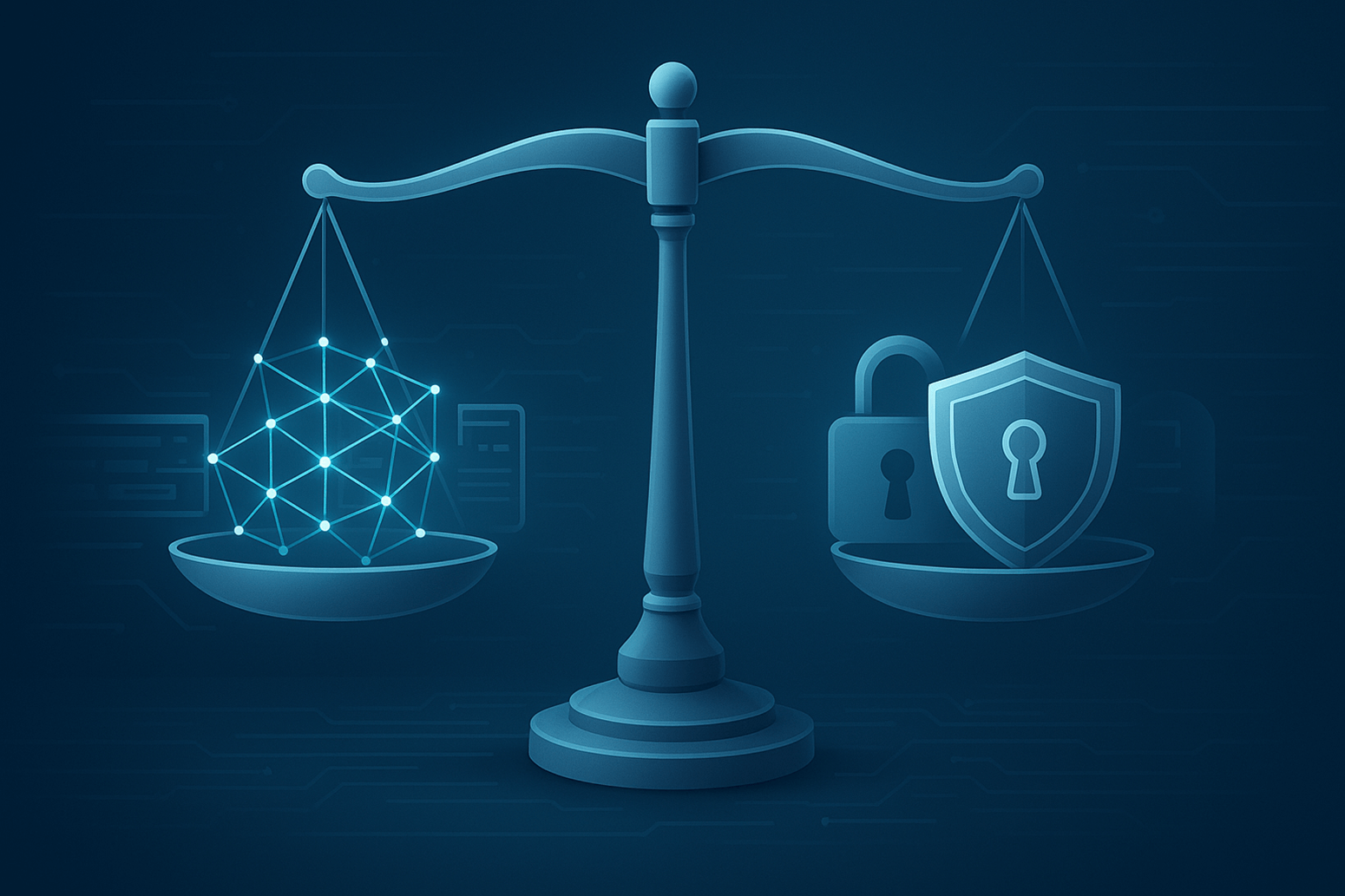The combination of a localhost IP address (127.0.0.1) and a particular port (62893) is represented as the address 127.0.0.1:62893. This configuration is often used in testing local development environment and networked application to mimic server communication without using external Network.
What is Localhost?
In networking localhost means the IP address (127.0.0.1) of the device that is presently connected to the Internet. Only in private local contexts is this address part of a reserved block. Instead of connecting to other servers and taking the risk of security or connection difficulties developer and apps may test network requests locally on their System.
Why Use a Port?
To differentiate between the several network services operating on an identical device ports such as 62893 are essential. Ports make it possible for several program to share the same localhost IP address without causing any conflicts. Like a main street address for a building and a port number for an apartment each of these numbers represent a unique tenant or Service.
For example:
- 127.0.0.1:80 might be used by a web server, while
- 127.0.0.1:62893 might be dedicated to another application or service.
Even though they share the same hardware and IP address this allows for several application to operate autonomously.
Common Uses of 127.0.0.1:62893
Local Development and Testing
- In order to test program in a controlled environment developer use localhost IP and ports. One possible development endpoint for a web server or API might be 127.0.0.1:62893.
- Developers may simulate a real network without relying on external servers by setting up program to operate on certain port.
Database and Server Management
- To access local databases or other backend services it is common practice to utilize the localhost port A developer might verify an application anticipated behavior before deployment by connecting it to a test database server via 127.0.0.1:62893.
Secure Communication and Privacy
- Security threats are reduced with localhost configurations since the traffic never leaves the device Without connecting to external network applications may be tested and debugged in isolation protecting sensitive information from Disturbance.
Custom Ports and Their Significance
From the range of 49152 to 65535 custom ports like 62893 are commonly picked at random often for private or dynamic usage. For local development this range is perfect since it avoids commonly used port (such as 80 for HTTP or 443 for HTTPS) to a minimum. Developers may now easily give various program unique port thanks to this Flexibility.
Troubleshooting Issues with Localhost Ports
If issues arise with a localhost port like 62893, here are a few steps to consider:
- Check if the Port is in Use: At time other programs may occupy a certain port Discover which service are using which ports by using command like netstat or tools like lsof.
- Port Conflicts: If multiple services try to use 62893 at once, a conflict occurs, preventing the application from starting. In such cases, reconfigure one of the applications to use a different port.
- Firewall Settings: Some ports may be blocked by firewall even on a local level. In case it’s required make sure that your firewall permits communication on 62893.
Practical Example: Setting Up a Local Server
Say a developer has to put an API server through its paces It is possible that they have set their server to listen on 127.0.0.1:62893. In this manner user may access the server using this address and see replies in a secure private manner just as they would in a real-life API.
Conclusion
It is highly recommended to use 127.0.0.1:62893 for configuring server doing test or developing Software. Developers may simplify processes strengthen security and debug apps without using external servers by making use of localhost IPs and ports. Networked programs benefit from increased efficiency and adaptability when developers comprehend the inner workings of localhost ports like 62893.












